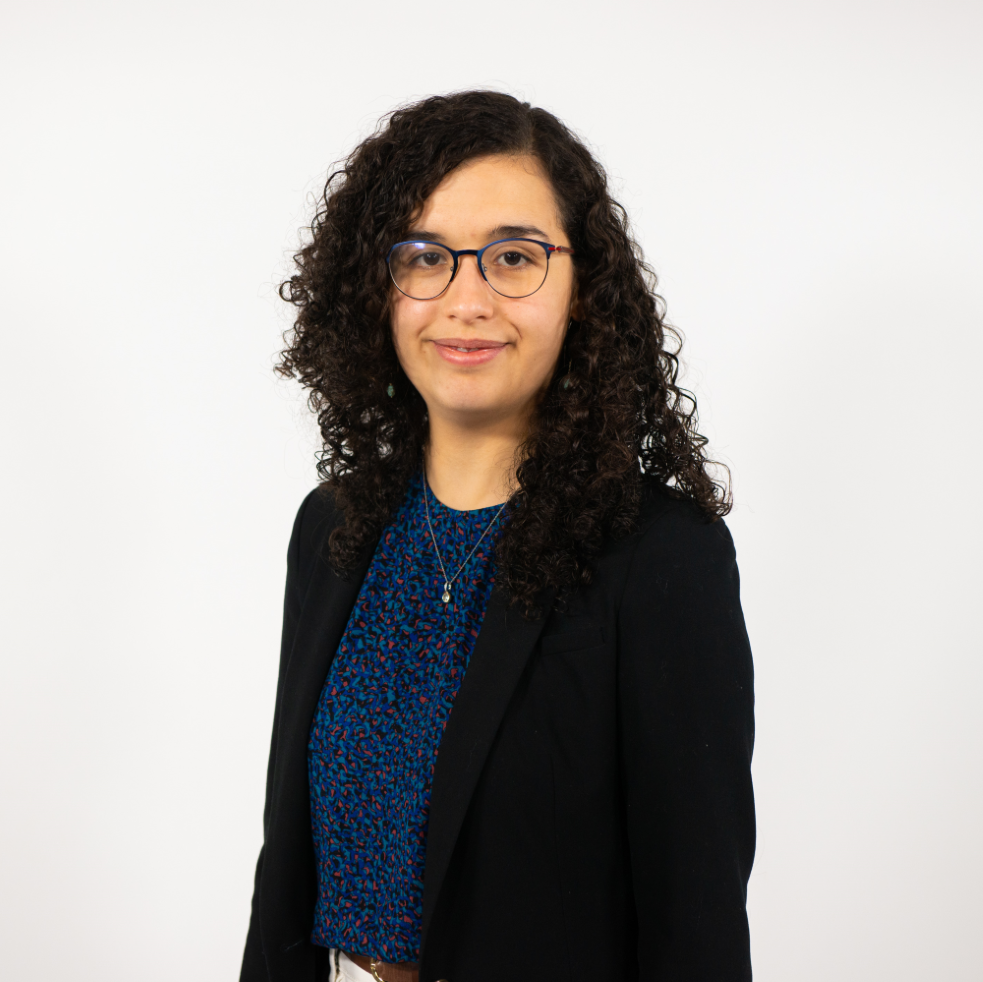You are here :
SIF 4th Cohort Fellows - Lorena Ballesteros Ferraz, CY Cergy Paris University

Curriculum Vitae
- Education
Sept. 2018 – Sept. 2019 MSc in Physics of Complex Systems, Institute for Cross-Disciplinary Physics and Complex Systems (IFISC), University of Balearic Islands, Spain
Sept. 2014 – Jun. 2018 BSc in Physics, Complutense University of Madrid, Spain
- Experience
Oct. 2023 – Dec. 2023 Postdoctoral researcher, University of Namur, Belgium
- Publications/Research achievements
Research Project:
Exploring phase transition induced by weak measurement
Phase transitions are ubiquitous in our life: boiling water, cooking caramel or auroras borealis. This project endeavours to explore the impact of weak measurements on phase transitions. Unlike the classical counterpart, quantum phase transitions can arise from variations in external factors like magnetic fields, as well as internal factors such as time. A particularly intriguing scenario is measurement-induced phase transitions, where the control parameter is a key aspect of the measurement scheme, such as interaction strength.
The proposed novel approach involves investigating measurement-induced phase transitions using weak measurements—a protocol that necessitates both a system of interest and an ancilla (also known as measuring device), encompassing four distinct steps: pre-selection, weak interaction, post-selection, and ancilla’s readout. By scrutinizing the non-Hermitian evolution of the ancilla, phase transitions will be analysed, employing intrinsic variables of the weak measurement process, such as post-selected parameters, as control parameters.
The research advances through the examination of straightforward models involving two-level systems and spin operators, identifying control parameters capable of inducing phase transitions. The project's simplicity and the modest size of the systems make it amenable to experimental testing. The exploration extends to more intricate systems, including N-level systems, aiming to unveil richer behaviours. Finally, the outcomes are incorporated into quantum networks. This interdisciplinary project spans quantum physics, statistical physics, and complex systems.


